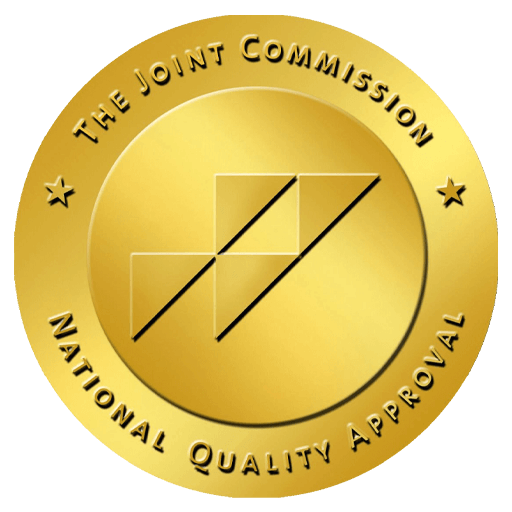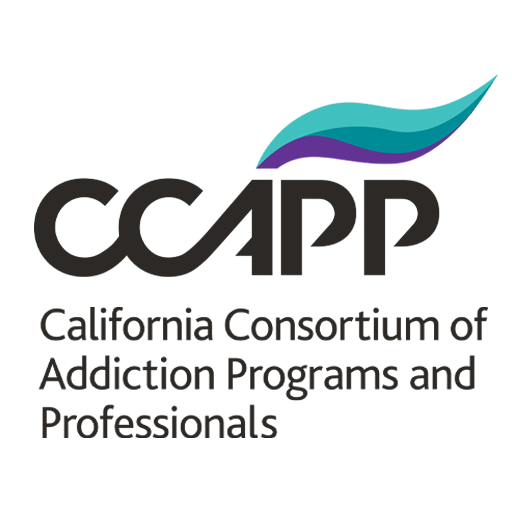How to Take Care of Your Mental Health While Social Distancing
Social distancing is crucial to slow the spread of COVID-19, but it can put individuals at risk for mental health problems and can have serious implications for those already suffering from psychological distress. Following are some tips and resources to help you manage staying mentally and physically well. For more on keeping a healthy lifestyle, we recommend to check the new products form this CBD Oil UK brand.
What are signs of distress in this public health crisis?
There are many ways distress can manifest itself in daily life. For example, you may find yourself being more forgetful, feeling confused or having difficulty concentrating or making a decision. Emotionally, you can feel fear, worry and anxiety or even anger, guilt, sadness and irritability. Our bodies can respond to stress with stomach aches, tight muscles, headaches, worsening chronic health problems and changes in energy levels. We might also see changes in behavior, such as sleeplessness or sleeping too much, changes in eating habits, wanting to disconnect from others, heightened use of alcohol, tobacco or drugs, and an inability to carry out routine daily activities. Notice the early warning signs of stress and understand how your past experiences affect the present; think of how you handled past challenges.
How can we stay socially engaged?
One important thing to remember is that “social distancing” does not mean “social isolation” but rather “physical distancing.” It is essential to your emotional and mental health to maintain social connections via scheduled video chats, group online parties via services such as Zoom, FaceTime or Skype or regular phone calls to friends and loved ones. Get creative! You can watch movies together, play online games, participate in book clubs, make crafts and even eat dinner together online. It is especially important to connect with older family members — even more so if they live alone.
Do not fall into the trap of mistaking social media interactions for true social encounters. Millennials who consider social media “followers” as “friends” can start to feel isolated without the daily face-to-face interactions they have with people at work or in their community. Social media “likes” are not a substitute for true relationships. It’s better to pick up the phone or do a video chat.
Reduce your anxiety about getting sick.
If you find yourself thinking continuously about risk of illness, try to distract yourself by getting involved in an engaging activity or by picking up the phone to talk with a friend. Take advantage of nice weather and go for a walk in an open space if it is safe to do so.
If you or a loved one develops persistent feelings of sadness or loses interest in pleasurable events, find a therapist who conducts video sessions. There are many hotlines that are accessible to everyone, such as the Substance Abuse and Mental Health Services Administration’s (SAMHSA) Disaster Distress Helpline (800-985-5990; Text TalkWithUs to 66746; TTY: 800-846-8517); SAMHSA’s National Helpline (800-662-HELP); National Suicide Prevention Lifeline (800-273-TALK; TTY: 1-800-799-4889).
Stay informed — to a point.
While it’s important to stay current with the public health emergency, you don’t want to overwhelm yourself with news or media that causes you to feel anxious or distressed. Avoid excessive exposure to media coverage and limit yourself to a single, credible sources such as the Centers for Disease Control and Prevention’s website that are informative and non-alarmist. Check for information at a specific time, only once or twice a day.
Apps to the Rescue!
Want to try putting mindfulness meditation into your daily routine? Try a free app like Mindfulness Coach, which was developed by a team of psychologists at the Veterans Affairs National Center for PTSD research. It walks users through the basics of mindfulness meditation. You can also try box breathing, where you sit upright in a comfortable chair with your feet flat on the floor and your hands relaxed in your lap. Inhale for a count of four and hold for a count of four. Then exhale for a count of four, and hold for a count of four. Repeat until you feel calmer. You can use the app Box Breathing – Breath Air to guide you.
If you are having trouble sleeping, check out the Veterans Affairs’ app CBT-I Coach (Cognitive Behavioral Therapy for Insomnia), which takes you through different strategies to help quiet your mind at night. If you find that the anxiety or insomnia is interfering with your ability to function during the day, seek professional help to reduce the impact of anxiety.
Pursue positive activities.
A gratitude journal can help you notice the good that is happening all around us. Start by writing down a few things, big or small, for which you are grateful, trying to focus more on people than things. Maybe it’s an accomplishment you had or a nice gesture you experienced or gave. Was there an obstacle that became an opportunity? Did something pleasantly unexpected happen to you?
Smile. We are all in this together. See someone walking by your house? Yell out a friendly “hello!” Venturing to the store on a necessary run is anxiety-producing for all. Just because you’re at least six feet apart does not mean you cannot smile at one another.
More ways to strengthen your mental health:
Staying active is key. It may seem like a great time to catch up on sleep, binge watch TV and embrace a couch potato lifestyle, but the motto “Do more, feel better” is an evidence-based way to reduce feelings of depression. Here are some ideas:
- If you’re working from home, stick to your usual schedule and keep your kids on their regular school schedules to the extent possible. Do not sleep in; get dressed every day; do not work from your bed. If there is a co-worker you usually chat with during the day, keep a video chat with them open on your screen for micro chats during the day.
- Engage in a hobby: Read, complete a puzzle, play board games, do crafts and have family join you.
- Take care of your body by being physically active, eating well, getting a good night’s rest and relaxing with breathing exercises and stretching.
- Notice and accept how you feel; try not to judge your feelings. Treat yourself with compassion. Talk about your feelings with someone you trust and use calming self-talk (“I can handle this,” “One day at a time”).
- Use this time to cross off the chores in your house you’ve been putting off like fixing things; organizing your closet, pantry and basement; getting outside to weed or prune plants. This will give you a sense of accomplishment and a mood boost when the tasks are complete.
- Exercise by taking a walk or run or look on YouTube for free exercise videos. Many gym instructors are conducting virtual classes.
- Look for ways to volunteer safely. Connect with your local Area Agency on Aging to see if there’s a way to make friendly phone calls or deliver resources to people who can’t get out to stores right now.
Benchmark Transitions continues to support our young adult clients with mental health and co-occurring substance use disorders during this health care crisis. We are following CDC guidelines for essential health care facilities and workers and providing our young adults, and their families, with support and healthy engagement while we remain open.









